OpenAI executive Mira Murati are beginning to exit the company as Sam Altman, the chief executive, and other leaders work toward transforming the organization into a traditional for-profit entity. According to sources familiar with the situation, OpenAI is currently governed by the board of a non-profit organization established by Altman and his co-founders in late 2015 to oversee the startup’s technological developments.
Funding Discussions
While the transition to a for-profit model is not anticipated to occur until next year, OpenAI is actively engaged in discussions for a new round of investment that could potentially value the company at an impressive $150 billion—significantly higher than its previous valuation of $80 billion. Among the prospective investors are the United Arab Emirates’ technology investment firm, MGX, along with major players like Microsoft, Nvidia, Apple, and Tiger Global, according to multiple sources involved in the negotiations.
Need for Profit
The push for additional funding comes as OpenAI faces escalating operational costs that far exceed its revenue. The company generates over $3 billion in annual sales, yet its expenditures hover around $7 billion, creating a pressing need for cash to support its ambitious goals.
Initially founded as a non-profit in December 2015 by prominent figures in the technology industry, including Elon Musk and Sam Altman, OpenAI aimed to ensure that artificial general intelligence (AGI) benefits all of humanity.
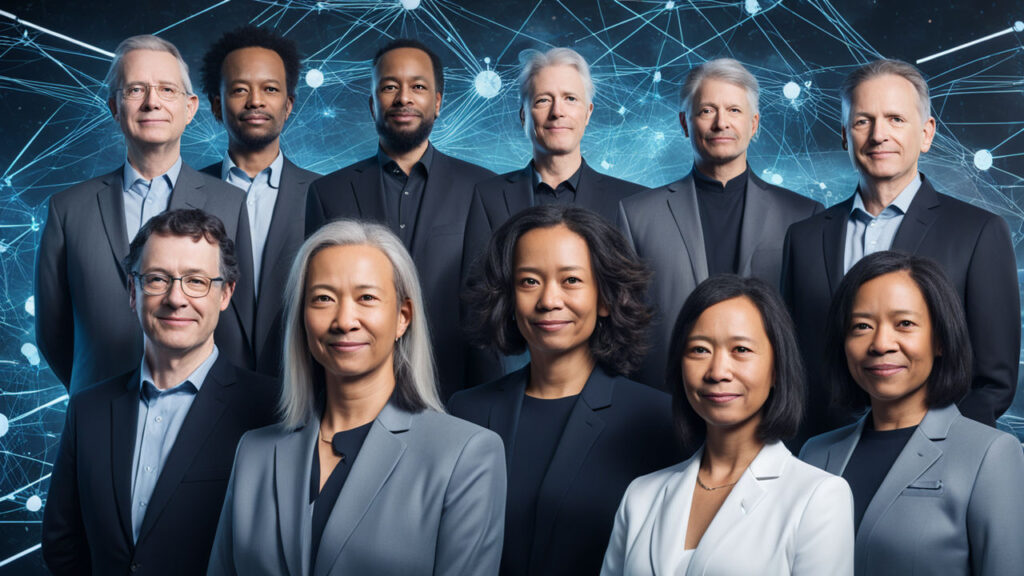
However, in 2019, OpenAI made a significant strategic shift by transitioning from a purely non-profit model to a “capped-profit” structure, forming OpenAI LP, a for-profit subsidiary. This decision was driven by the recognition that developing advanced AI technologies requires substantial funding and resources, often more accessible in a profit-driven environment. Under this new model, OpenAI aims to attract investments while ensuring that its commitment to ethical AI development remains intact.
The capped-profit structure allows investors to earn returns on their investments but limits their profits to a certain multiple of their initial investment. This approach seeks to balance financial sustainability with the organization’s mission of ensuring that AGI benefits all of humanity. By diversifying its funding sources, OpenAI can accelerate its research and development efforts, allowing it to compete effectively in the fast-evolving AI landscape while maintaining its core principles of safety, transparency, and public benefit.
This article delves into the origins, key projects, ethical considerations, and future directions of OpenAI, providing an in-depth look at how it is revolutionizing the landscape of AI.
Key Projects and Innovations
OpenAI has been at the forefront of several groundbreaking projects that have garnered significant attention and acclaim. Here are some of the most notable initiatives:
1. GPT (Generative Pre-trained Transformer)
One of OpenAI’s flagship projects is the Generative Pre-trained Transformer (GPT) series, which includes models like GPT-2 and GPT-3. These models utilize a deep learning architecture known as transformers, which allows them to generate human-like text based on given prompts.
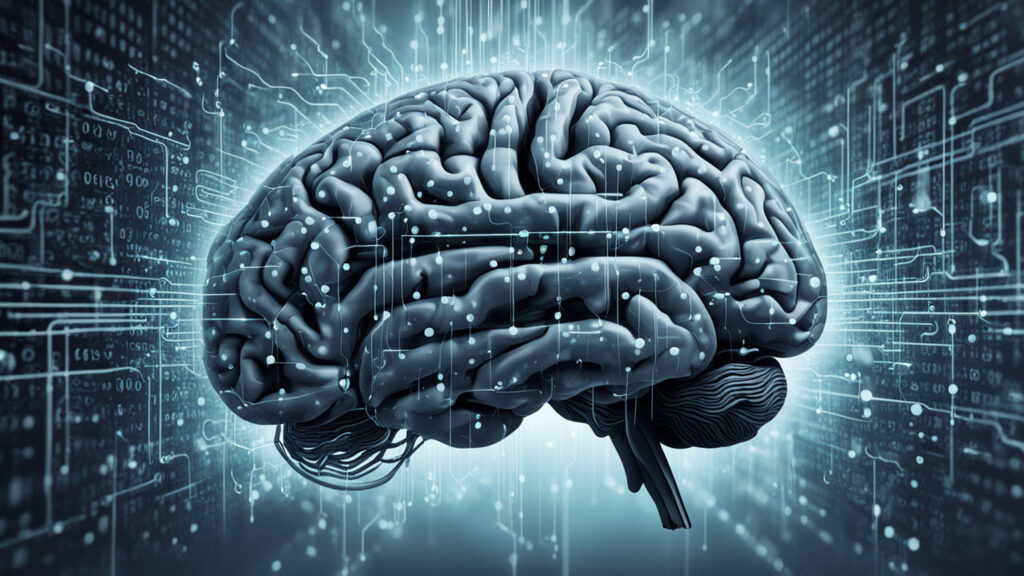
GPT-3, released in June 2020, made headlines for its impressive capabilities, demonstrating a profound understanding of language and context. With 175 billion parameters, it is one of the largest and most powerful language models ever created. Its applications range from content generation and language translation to coding assistance and creative writing. The versatility of GPT-3 has opened up new possibilities for businesses and individuals alike, fostering innovation across various industries.
2. DALL-E
Another groundbreaking project by OpenAI is DALL-E, a model capable of generating high-quality images from textual descriptions. Released in January 2021, DALL-E showcases the ability to create imaginative and unique visuals based on specific prompts. For example, users can input a phrase like “an armchair in the shape of an avocado,” and DALL-E will generate an image that matches the description.

This project highlights the potential of AI in the creative fields, enabling artists and designers to explore new ideas and concepts without the limitations of traditional methods. DALL-E not only showcases the power of AI but also raises questions about copyright, creativity, and the role of machines in artistic expression.
3. Codex
In August 2021, OpenAI introduced Codex, an AI model designed to assist with programming tasks. Codex is the engine behind GitHub Copilot, a tool that helps developers write code more efficiently by providing context-aware suggestions based on natural language input. This innovation streamlines the coding process, allowing developers to focus on higher-level problem-solving rather than mundane syntax and boilerplate code.
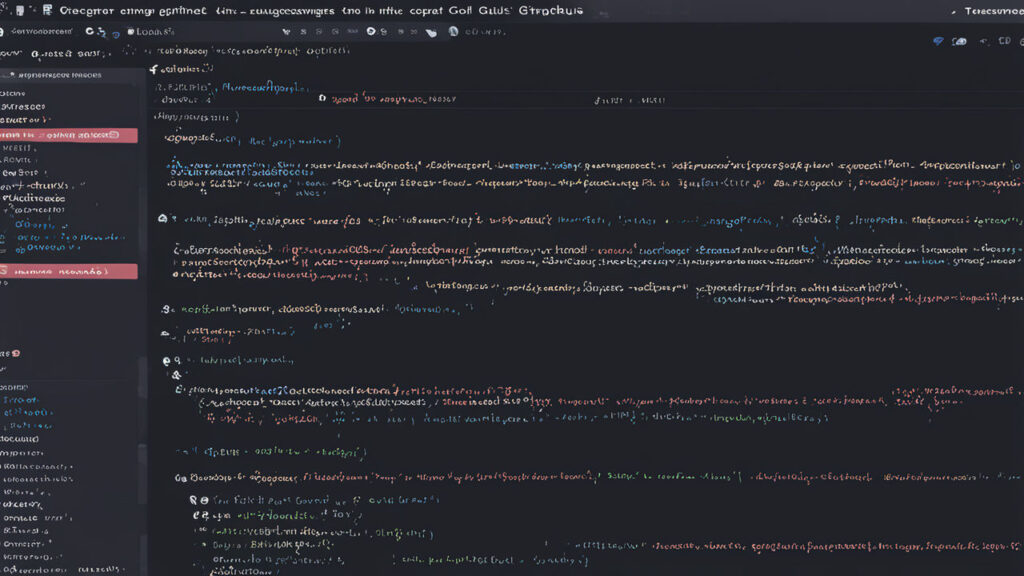
Codex exemplifies how AI can enhance productivity and creativity in software development, making programming more accessible to a broader audience. By bridging the gap between natural language and code, OpenAI is democratizing the field of programming and empowering more individuals to participate in technology creation.
Ethical Considerations
As OpenAI continues to advance AI technologies, ethical considerations remain at the forefront of its mission. The organization recognizes the potential risks and challenges posed by powerful AI systems, and it is committed to addressing these concerns proactively. Some key ethical considerations include:
1. Safety and Robustness
OpenAI prioritizes the development of safe and robust AI systems. This involves rigorous testing and validation to ensure that AI models operate reliably and do not produce harmful outputs. OpenAI employs techniques such as reinforcement learning from human feedback to fine-tune its models and improve their safety.
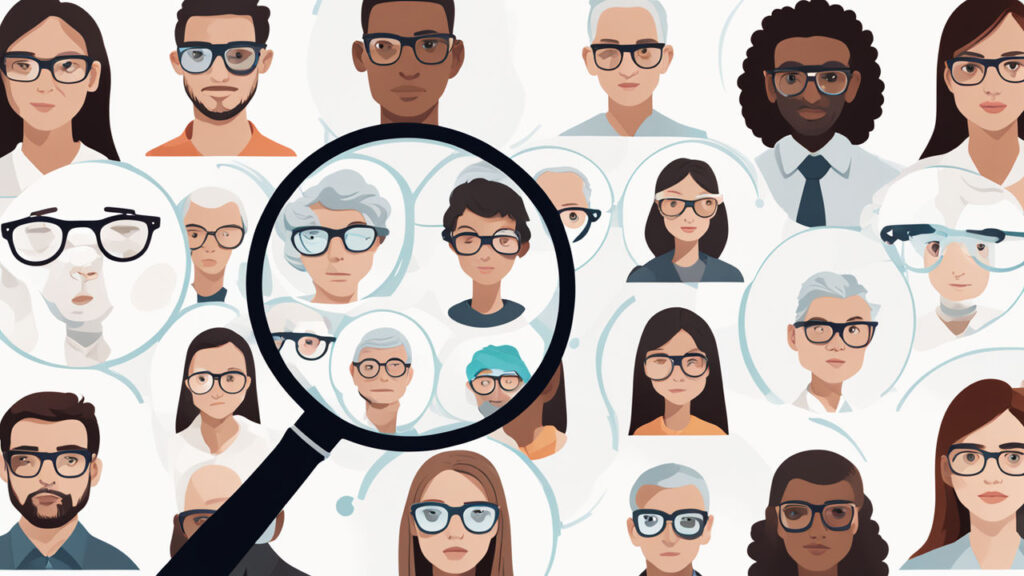
2. Transparency and Collaboration
OpenAI believes in transparency and collaboration within the AI research community. The organization actively shares its research findings, tools, and best practices with the public to foster collaboration and ensure that advancements benefit society as a whole. OpenAI also engages in discussions with policymakers, researchers, and industry leaders to promote responsible AI development.
3. Addressing Bias and Fairness
AI models can inadvertently perpetuate biases present in the data they are trained on. OpenAI is committed to addressing these biases and ensuring that its models are fair and equitable. The organization continuously researches methods to identify and mitigate bias in AI systems, promoting inclusivity and diversity in AI applications.
4. Governance and Regulation
OpenAI advocates for thoughtful governance and regulation of AI technologies. As AI systems become more integrated into various aspects of society, it is essential to establish frameworks that ensure responsible use and prevent misuse. OpenAI collaborates with stakeholders to develop guidelines that promote ethical AI deployment while safeguarding individual rights.
The Future of OpenAI
Looking ahead, OpenAI is focused on several key areas to further its mission of ensuring that AGI benefits humanity:
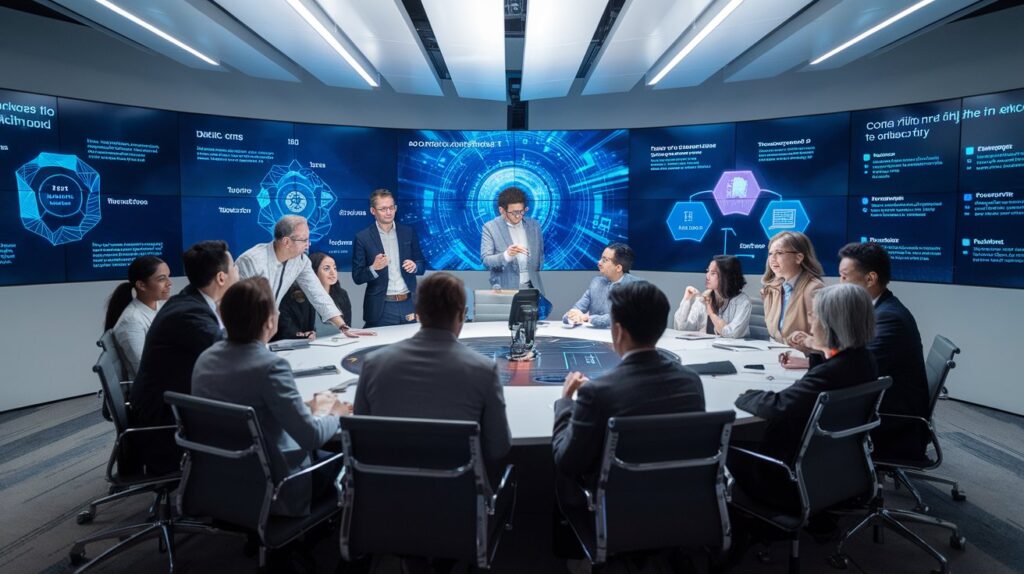
1. Advancing AGI Research
OpenAI continues to invest in research aimed at developing safe and beneficial AGI. The organization is committed to exploring the complexities of human cognition and leveraging insights to create AI systems that align with human values and goals.
2. Expanding Applications
As OpenAI’s models evolve, the organization aims to expand their applications across various domains, including healthcare, education, and environmental sustainability. By collaborating with industry partners, OpenAI seeks to develop solutions that address pressing global challenges and improve quality of life.
3. Engaging with Policymakers
OpenAI recognizes the importance of engaging with policymakers to shape the future of AI governance. The organization actively participates in discussions about AI regulation, advocating for frameworks that promote innovation while ensuring safety and accountability.
4. Fostering Public Understanding
OpenAI is dedicated to fostering public understanding of AI technologies. Through educational initiatives, workshops, and community engagement, the organization aims to demystify AI and empower individuals to make informed decisions about its use.
Conclusion
OpenAI stands at the forefront of the AI revolution, driving innovation while remaining committed to ethical considerations and societal impact. Through groundbreaking projects like GPT, DALL-E, and Codex, the organization is reshaping how we interact with technology, enhancing creativity, productivity, and accessibility.
As we move forward into an era where AI plays an increasingly integral role in our lives, OpenAI’s commitment to safety, transparency, and collaboration will be essential in navigating the challenges and opportunities that lie ahead. By prioritizing the responsible development of AI, OpenAI is paving the way for a future where artificial intelligence serves as a powerful tool for positive change, benefiting all of humanity.